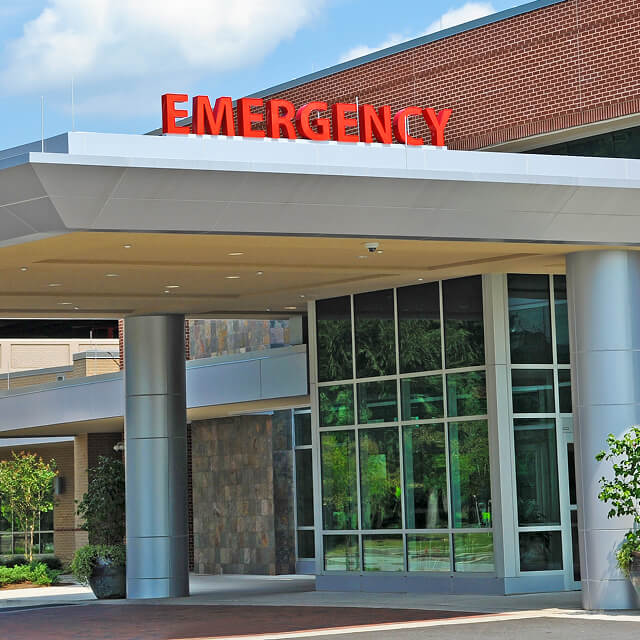Emergency Dental Care in Germantown, MD
Our approach to dental emergencies includes a focus on immediate, effective, and efficient procedures, all while minimizing your stress. If you or a loved one are experiencing a dental issue that requires urgent care, call our office immediately so we can advise you on what to do. Our Germantown dental team is here to assist during your time of need.
Call Now
What are the most common dental emergencies?
Dental emergencies include, but are not limited to:
- Unbearable Toothaches
- Knocked-out teeth
- Dental abscesses
- Lost or broken filling or dental crown
- Loose permanent tooth
- Inflamed or bleeding gums

What should I do if I knock out a tooth?
If you knock out a tooth, act quickly. Pick up the tooth by the crown (not the root), gently rinse it with water, and try to place it back in the socket if possible. If that’s not an option, store the tooth in milk or saliva until you can get to our practice. Call our team immediately to let us know you need to come in and then head to our office as soon as you can, as prompt treatment increases the chances of a successful reattachment.

Should I see an emergency dentist or go to the ER?
For most dental emergencies, like a knocked-out tooth, severe toothache, or broken crown, it’s best to see an emergency dentist. We’re equipped to handle urgent dental issues quickly and effectively. However, if you’re experiencing uncontrolled bleeding, swelling that affects breathing, or trauma to the face or jaw, go to the ER immediately. Once your condition is stabilized, we can provide any follow-up dental treatment needed to restore your smile.

Is emergency dental care expensive?
Emergency dental care costs can vary depending on the treatment needed, but we do our best to keep care affordable. We accept most dental insurance plans, and for uninsured patients, we offer flexible payment options, including CareCredit financing. Our goal is to relieve your pain and protect your smile without adding unnecessary stress. Don’t delay care—early treatment can prevent more serious and costly problems later on.
Contact Us
